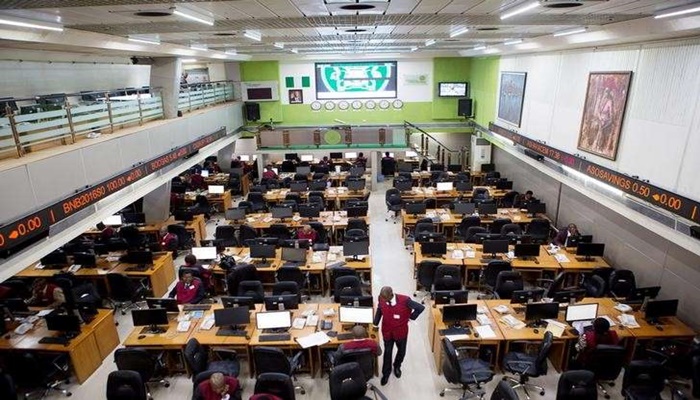
Capital market experts have expressed optimism that the Nigerian capital market would witness increased market participation and viability through capital raising due to COVID-19 pandemic.
They said that there had been increased fund raising by companies to address the challenges of the COVID-19 pandemic.
They spoke at a webinar organised by the Legal 500 in collaboration with G. Elias & Co with the theme: Nigeria’s Capital Markets: Beyond the Pandemic, on Wednesday in Lagos.
Mr Chinua Azubuike, Managing Director/Chief Executive Officer of InfraCredit, said that the Nigeria capital market had the capacity to finance infrastructure projects.
Azubuike said: “The Nigerian capital market has the capacity to finance huge infrastructure porjects yearly.
He said that macroeconomic conditions, interest rate environment and inflation rate had made the capital market a better option for funding raising.
Mr Bola Ajomale, the Managing Director/Chief Executive Officer, NASD Plc, while speaking on the market trends mostly instigated by the COVID-19 pandemic, said that technology changes and blockchain had propelled significant growth in the capital market.
Ajomale also noted that the demutualisation of the Nigerian Exchange (NGX) Ltd., would enhance transparency and deepen market participation.
He said: “As technology changes, blockchain are becoming more applied, so we might see a difference in how clearing is done and how trading goes on.
“There will probably be a major shift in the market and how they operate. There will be a revolution in the market based on technology on the basis of where the growth is going to come from and more specialisation in the years to come.
“It is always a good thing when an exchange demutualises, essentially it puts the exchange on a more business focused footing as against a member focused footing.
“It is now going to operate like any other public liability companies with independent shareholders who will focus on the returns the exchange is generating as opposed to recognising the interest of those who have contributed in building the exchange itself.
“The demutualisation has deepened the market and created a lot more interest and we are seeing quite a lot of activities, so, the market is deepened.”
Mr Femi Ademola, the Group Executive Director, Cordros Capital Ltd., explained that companies were now more comfortable with diverse shareholders instead of having just one person or one institution or family business.
Ademola said: “The more shareholders, the easier it is for you to go to the capital market to raise money.
“Another thing is governance perception because at times it is not the way you are but the way you are perceived to be.
“Most businesses in Africa are small businesses and because their cash flow is volatile and uncertain caution is needed.”
Ademola said that most retail investors that exited the market during the global financial meltdown were finding their way back to the current market investing in mutual funds.
“To get the retail investors back to the market, I won’t say they left the market totally, because after the crash in 2008 and 2009, a lot of them that directly invested in the equities market left but they are back indirectly now.
“We are currently seeing enhanced growth in collective investment scheme,” he said.
Ademola urged investors to engage professionals before investing in the capital market.






